Quantum chemistry plays a vital role in advancing catalyst design by providing insights into atomic and molecular interactions that govern catalytic reactions. By applying quantum mechanical principles, researchers can investigate the electronic structure of molecules and atoms, revealing the pathways through which catalytic transformations occur. This approach allows for the prediction and optimization of reaction mechanisms at a level of detail not achievable through traditional experimental methods. Quantum Chemistry in catalysis helps identify critical features responsible for catalytic activity, such as atom arrangement, bond strengths, and electron distribution, allowing for the design of more efficient catalysts. In the case of heterogeneous catalysts, it provides a deeper understanding of how metal nanoparticles interact with reactants, leading to the development of more active and selective materials. Additionally, quantum calculations simulate reaction pathways, predicting energy profiles of intermediates and transition states, and helping select the most efficient catalytic route. When integrated with experimental studies, Quantum Chemistry in catalysis bridges theoretical models with practical applications, driving the development of next-generation catalysts for more sustainable and efficient processes.

Thomas J Webster
Interstellar Therapeutics, United States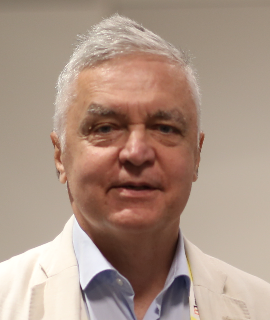
Sergey Suchkov
R&D Director of the National Center for Human Photosynthesis, Mexico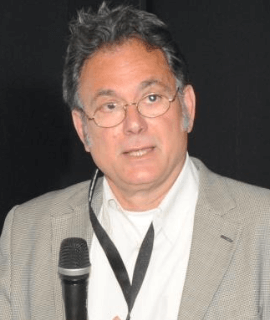
Christopher Koroneos
University of Western Attica, Greece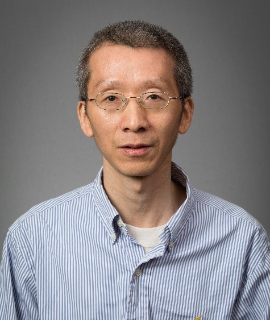
Haibo Ge
Texas Tech University, United States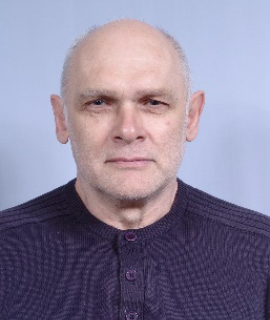
Valery P Kalinitchenko
All Russian Phytopathology Research Institute, Russian Federation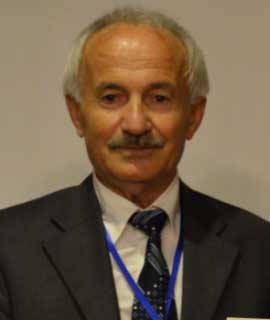
Osman Adiguzel
Firat University, Turkey
Delia Teresa Sponza
Dokuz Eylul University, Turkey
Guangnan Ou
Jimei University, China


Title : Using cells as the environmentally catalyst for nanoparticle synthesis: Killing bacteria, inhibiting inflammation, and growing tissues
Thomas J Webster, Interstellar Therapeutics, United States
Title : Personalized and Precision Medicine (PPM) as a unique healthcare model to be set up through biodesign-inspired biotech-driven translational applications and upgraded business marketing to secure the human healthcare, wellness and biosafety
Sergey Suchkov, R&D Director of the National Center for Human Photosynthesis, Mexico
Title : Chemical soil biological engineering and biogeosystem technique methodology
Valery P Kalinitchenko, All Russian Phytopathology Research Institute, Russian Federation
Title : Antibody-proteases as translational tools of the next-step generation to be applied for biotech, bioindustry and personalized and precision medical practice
Sergey Suchkov, R&D Director of the National Center for Human Photosynthesis, Mexico
Title : Shape memory phenomena and crystallographic transformations in shape memory alloys
Osman Adiguzel, Firat University, Turkey
Title : Construction of artificial metalloenzymes by protein refolding
Guangnan Ou, Jimei University, China
Title : Photoremoval of some brominated phenols (4-bromophenol and 2,4,6-tribromophenol) with reused polystyrene foam and SnO2
Delia Teresa Sponza, Dokuz Eylul University, Turkey
Title : Phenol removal from wastewater using innovative biological and industrial wastes as adsorbents
Ashanendu Mandal, University of Calcutta, India
Title : Boom of nanomaterials in environmental remediation
Vijendra Singh Solanki, Institute of Science and Research, India
Title : Process intensification for the production of 2, 2-dimethoxypropane using Fixed BED Chromatographic Reactor (FBCR)
Akash Sunilrao Shinde, Indian Institute of Technology Bombay, India